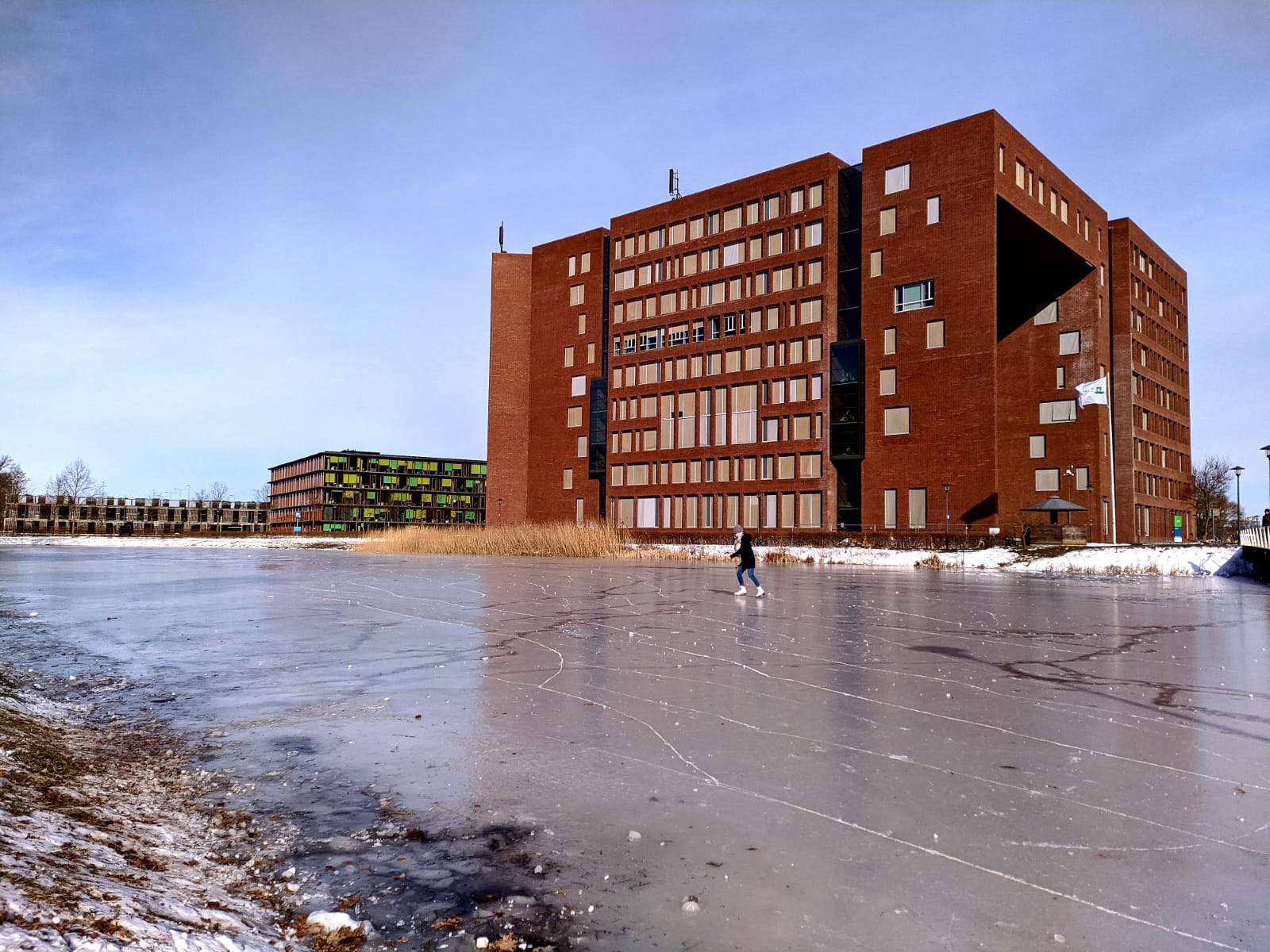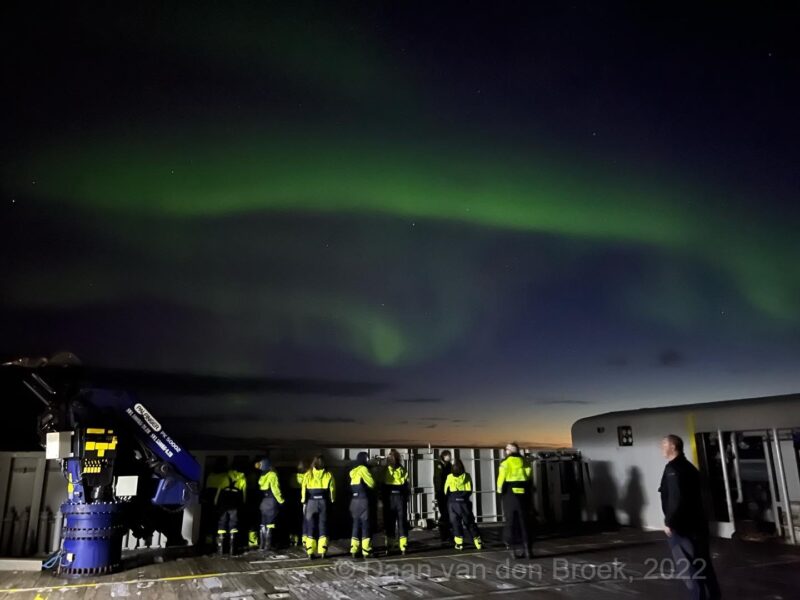In september 2016, I started studying the Bachelor’s program Soil, Water, Atmosphere at the Wageningen University and Research (WUR). Nowadays, this study program is completely in English, but back then, it was still partly in Dutch and therefore was officially called ‘Bodem, Water, Atmosfeer’, the Dutch equivalent of Soil, Water and Atmosphere. In this post I will elaborate on why I started studying in Wageningen. I will focus on comparing the different study programs I considered as well as the cities those universities were in.
As regular visitors of this website might know, I already knew I wanted to become a meteorologist at a very young age. This did not change as I got older and therefore, I started to orient on the possible studies during the last years of my highschool. It appeared I only had two choices if I wanted to become a meteorologist: studying Physics & Astronomy at the Utrecht University or studying Soil, Water and Atmosphere at the Wageningen University. I started to delve into both study programs to discover the differences and I went to open days of both universities.
Theory vs. practice
With regard to the content of both study programs I found that in Utrecht the program was way more theoretical and hardcore, in-depth physics, whereas the program in Wageningen was more practice focussed. Consequently, I felt like much more fieldwork was included in Soil, Water and Atmosphere.
I would consider myself more of a theoretical person than a practical person, but the amount of theory in the Physics & Astronomy studies repelled me a bit. I do like fieldwork as well and I do enjoy putting theory into practice. Therefore, my initial feeling was better for the bachelor program in Wageningen.
Soil, Water, Atmosphere vs. Physics and Astronomy
Furthermore, in highschool, subjects like physics, even though I enjoyed them, took me quite some effort. Therefore, I figured I would struggle quite a lot with the workload and intensity of the courses at the Utrecht University. The tempting part about about this study though, was that I would learn more about how the universe works and why things are the way they are. These kind of existential questions sparke my interest a lot and this is also why I seriously considered the bachelor program Physics & Astronomy.
But it also felt like in this study, there would not be a lot of focus on meteorology. One could still choose to specialize within this bachelor by doing a minor in meteorology, physical oceanography and climate, but still, there seemed to be less meteorological courses than in Wageningen.
In the bachelor program in Wageningen there was, as the name ‘Soil, Water, Atmosphere’ suggests, also quite some focus on other fields besides just atmosphere/meteorology. But the interesting part is that there were also courses that integrate the three fields, like ‘Integration Course Soil, Water, Atmosphere’ and the course ‘Atmosphere-Vegetation-Soil Interactions’. Besides that, hydrology is very closely related to the weather and climate and can be useful in for example predicting flash floods. Most of the courses that were not atmosphere focussed, still seemed to be somewhat useful for a meteorologist. Also, a decent theoretical background seemed to be provided by several courses in chemistry, physics and mathematics, just not as much as at the Utrecht University.
Study in Wageningen vs. Utrecht
When it came to deciding what study to do, also the location and the cities mattered to me. When I visited both universities, I felt better about Wageningen than Utrecht. This was because of several reasons, firstly simply because of the fact that I like nature and relatively small towns more than big cities. Utrecht is (for Dutch standards) one of those typical big cities I would rather not live in, while Wageningen is a rather small city with just under 40.000 inhabitants (of which a bit over 20% are students).
Also, the campus of the Wageningen University is in my opinion the most beautiful campus in The Netherlands. Nicely designed, modern buildings and a lot of open (green) space between them. Also, Wageningen has a nice, cosy and relatively old city center and everything within the manucipality of Wageningen (and more) is within cycling range. The university buildings in Utrecht I got to see were mainly concrete and grey and packed with a lot of other tall buildings around. Not a lot of signs of nature were closeby and therefore I felt better in Wageningen. Utrecht is also a lot bigger, but does have a very nice city center as well. The upside of Utrecht, compared to Wageningen, is that the public transport connections are way better and that there is a more active nightlife.
Why I chose to study in Wageningen
I think it was during the open day in Wageningen that I decided I wanted to study at the Wageningen University. I was more convinced that the study content and study structure were right for me and suited me more than the bachelor program in Utrecht. During the open day, the university itself gave me a good feeling. The people were enthusiastic and welcoming and the open campus with a lot of (green) space made me feel at home. And most importantly, I felt like I would get the most complete education to become a meteorologist. So from the fall of 2016 on, I started to study in Wageningen.
Read here about my experiences studying Soil, Water, Atmosphere at the Wageningen University.
And read here why I started studying at the University of Helsinki for my master’s.



